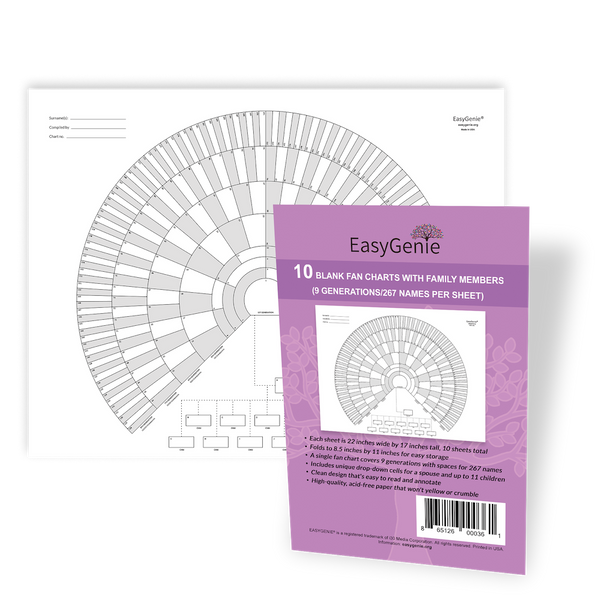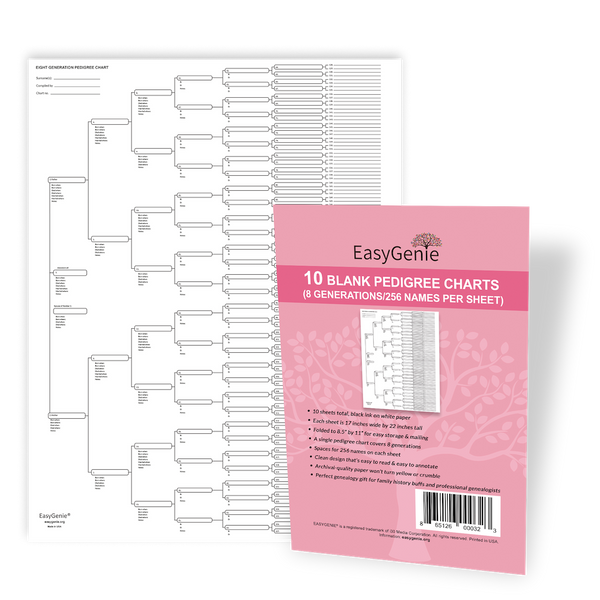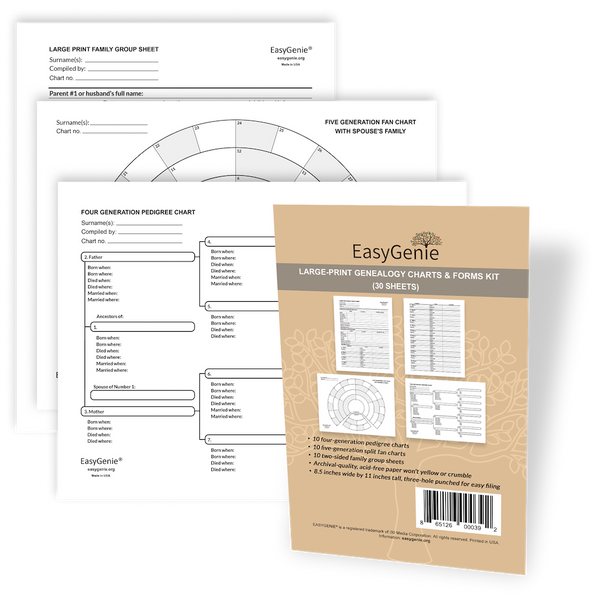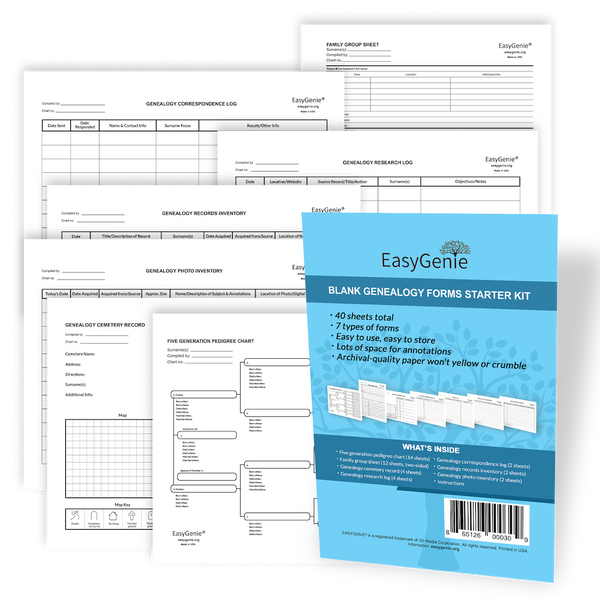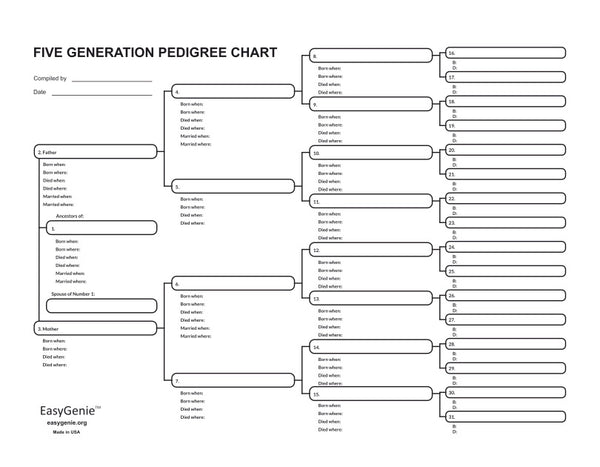
How to use counterfactual reasoning for genealogy research
Ian LamontYears ago in grad school, I was exposed to an intriguing concept for analyzing historical events. Counterfactual reasoning (sometimes shortened to “counterfactuals”) can also be used for genealogy. Here’s how it works.
You start by asking a “why” question about history. For instance: Why did the United States land a man on the moon in 1969?
There are lots of possibilities. We were in a space race with the USSR. President Kennedy made a promise in 1961. The United States had the best military test pilots and rocket technology.
Counterfactual reasoning lets historians ask “what if” questions to evaluate the relative importance of such factors. For example: Would this event have taken place if the USSR did not launch Sputnik in 1957? Or: Would the U.S. have sent men to the moon in 1969 had Kennedy lost the 1960 presidential race?

Counterfactuals can be used for genealogy, too. Consider William Owens, the son of a North Carolina sharecropper, who migrated to Council Bluffs, Iowa in the 1890s. None of his descendants remembers why, but there are rumors and theories:
- The collapse of North Carolina tobacco prices amidst industry consolidation
- Earlier migration of an uncle’s family to Des Moines
- A falling out with older brother over an inheritance
- Advertising in local newspapers promoting jobs and cheap land in Iowa
Counterfactuals may be able to give clarity. For instance, if tobacco prices did not collapse in the 1890s, would William Owens have relocated halfway across the country?
While such questions may not lead to a slam dunk answer, they can help narrow down the possibilities. They can also open up new lines of research, whether it’s looking at different census data points or checking back-page advertisements in North Carolina newspapers.
Try counterfactuals for your own family history, and let us know if it helps!
